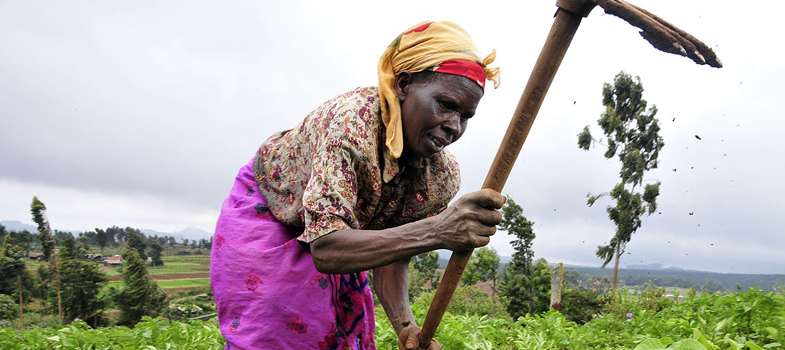2.3.1 Membership
‘Co-operatives are good as their members make them’ (Münkner, 2012, p.16).
There are many challenging issues in relationship to the membership of co-operatives:
- what motivates people to become members
- what benefits they derive or perceive from their membership
- what world views and convictions they come to the co-operative with
- their understanding of what it means to be a member of a co-operative and knowledge of the values and principles of co-operation
- the extent to which members are homogeneous – i.e. from the same community or same type of work – or heterogeneous with mixed backgrounds and concerns
- gender and age equity and inclusion and a supportive legal framework for this to happen
- the extent to which members participate in the governance of the co-operative and identify with the co-operative and as co-operators
- their individual knowledge, experience and expertise
- the amount they are able to offer in terms of investing in the co-operative through buying shares
- the relationship between co-operative members – whether there is trust and unity or conflict.
The relationships between members that enable them to become a resilient unit is sometimes called ‘social capital’. There is considerable debate about this concept, for example: Is social capital really capital in the true sense? Can social capital be mobilised for negative or anti-social purposes rather than positive collective gain?
So the important dimension is to know about the quality of the relationships between members and how they are able to promote resilience in the co-operative. An unhappy or dysfunctional membership might not be resilient at all.
2.3 What is meant by co-operative resilience?
